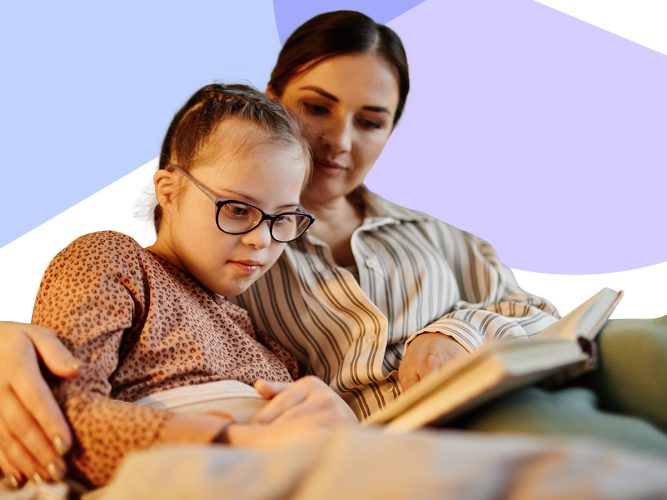The Covid-19 pandemic has been a challenge for everyone, but especially for families who have children with special needs, such as children on the Autism Spectrum (AS).
Considering all the changes they have had to face in this year and a half, Dr. Isabel López, neuropediatrician at Clínica Las Condes, provides four key pieces of advice so that these families can cushion the challenges posed by the current health situation.
2. Structure daily activities
“It has been widely reported that EA children have executive functioning deficits and may show problems when planning their activities, especially when their routine is disrupted. For this reason, it is important, especially now, to structure the activities of daily life,” says Dr. López.
It is advisable:
- Maintain stable routines and schedules regarding sleep (times to get up and go to bed), grooming and eating.
- Maintain a daily physical activity routine, ideally for at least an hour.
- Establish a “work” schedule, be it online education, or tasks related to school or preschool activities.
- Establish a daily shared play schedule.
- Allow access to video games, internet, screens, cell phones, with clear limits and supervision. A maximum of up to 1 “total” hour per day is recommended for children and up to 2 “total” hours for adolescents.
3. Maintain regular contact with therapists
It is very helpful for parents to maintain contact at least once a week with therapists, to receive instructions about activities to do or to support them in handling difficult situations. When possible, maintain online therapies.
4. Maintain regular contact with the school
“A growing body of research supports the suggestion that the relationships children form with their teachers and peers have an impact on learning. It is very important to dedicate a limited period of time for school homework. It is a routine that must be maintained,” says the neurologist.
Although many AD children with high cognitive functioning have managed to adapt well to distance education systems, the same has not happened with the little ones or those with lower functioning. “In the latter case, it is advisable to maintain a routine of contact with your teachers and classmates, even if it is brief. It will also be helpful for parents and children to meet weekly with teachers to obtain suggestions for activities to do at home,” she emphasizes.








